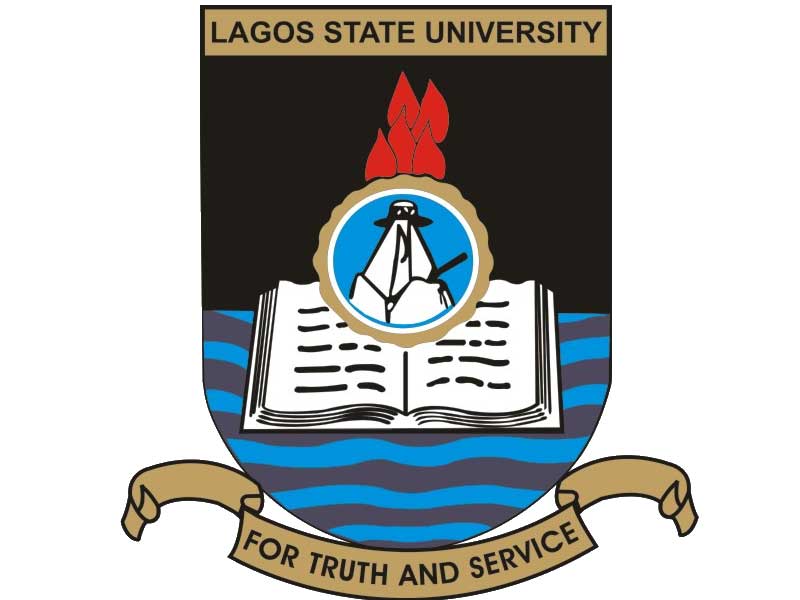Varsity proliferation: Alausa goes tough on illegal satellite campuses
By Funmilayo Adeyemi
The Federal Government says it will impose tough sanctions on any federal university that establishes a satellite campus without prior approval of the Minister of Education.
The Minister of Education, Dr Tunji Alausa disclosed this in a memo sent to the National Universities Commission (NUC) on May 30, 2025, and obtained by the News Agency of Nigeria (NAN) on Wednesday in Abuja.
According to Alausa, the decision is borne out of the federal government determination to restore the quality and integrity of tertiary education in the country.
He therefore directed the NUC to through the memo inform all federal universities that no satellite campuses be established without prior approval of the ministry through the Executive Secretary of the commission.
He said that failure to comply would attract sanction.
“There has been noticeable and concerning trend of federal universities establishing satellite campuses across the country.
”Many of these campuses are created without clear strategic, academic or infrastructural justifications.
”It is also pertinent to note that instead of investing in and expanding the capacity of existing main campuses, some Vice Chancellors are opting for the creation of new one which in most cases are often inadequately resourced.
“This practice undermines the integrity, quality and sustainability of tertiary education in Nigeria,” the minister noted.
It would be recalled that several such satellite campuses have been established in the country infringing on previous regulations and violating the approved guidelines for such creation as set out by the NUC.
The NAN recalls that NUC had earlier warned that such campuses have been banned in the country.
The NUC had also in the past set up a committee that advised on the closure of such illegal universities, and campuses as the commission mandated it to identify, locate and prosecute such illegalities.
In 2021, the committee was reconstituted recording what the NUC then described as a huge success. (NAN)(www.nannews.ng)
Edited by Deborah Coker








